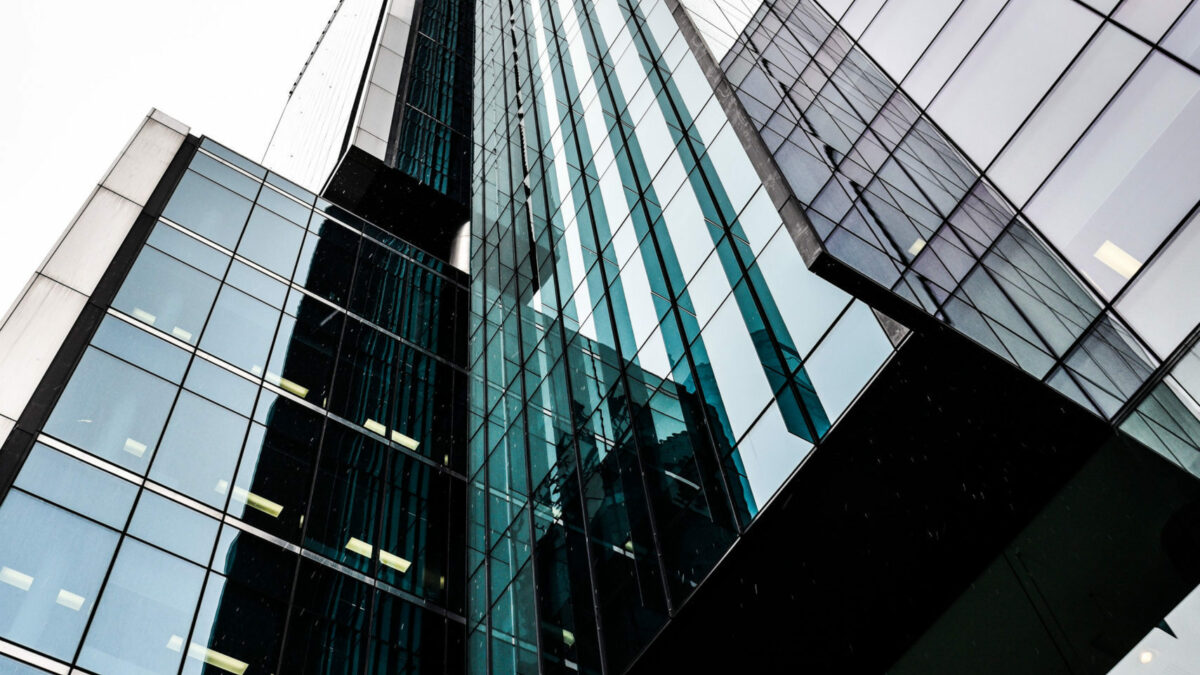
“You have zero privacy anyway…Get over it.” That was the harsh 1999 comment by Scott McNealy, then CEO of Sun Microsystems, to a group of reporters and analysts.
According to one account of the remark, many were shocked at his candor at the time. I doubt as many would be shocked today. Anyone who believes that his behavior can’t be tracked, analyzed, and predicted in excruciating detail is either very naïve or living in Denmark (one of the most conservative countries with regard to data privacy).
We can try to be optimistic about the future of individual privacy in the US, but it won’t be easy. I don’t see any immediate action forthcoming by Congress or the FCC, and perhaps it’s just as well. I can’t imagine that our current bunch of legislators could create any wise policy in this regard.
So unless you are willing to become a recluse and go completely off the grid, you are stuck with a high degree of transparency of your personal data. The only real course of action is to be selective in the services and relationships you consume that affect your privacy. So recently I thought about all the activities I pursued that endangered my privacy, and whether they were worth it or not. Did they provide enough value to me to outweigh the loss of privacy they involved?
I started out my day watching a news show on cable TV. My cable provider, Comcast, could and supposedly does track my viewing behavior, although there is little evidence that they do anything with the resulting data. So no great loss of privacy for the value achieved.
I sat down to check my email on my laptop. I use Gmail, and Google is quite clear that my emails are read in order to deliver targeted ads. However, I don’t pay much attention to the ads, and I like the functionality of Gmail more than other email clients. So the potential loss of privacy is great, but the value gained makes the activity worthwhile.
I drove my new Tesla Model S to Starbucks. The car is connected at all times to a wireless network, and apparently uploads information to the company on where its cars are going, at what speeds they are being driven, etc. This seems like an astounding invasion of privacy, but there is considerable value achieved as well. I noticed when I turned on the car that Tesla had downloaded a new version of the car’s operating system overnight, and it had a variety of new functions. So far this is a privacy/value tradeoff I am willing to make.
I took my mobile phone with me on this little trip. One of the reasons that I don’t mind my car tracking my movements is that my phone is doing so as well. We all know the conveniences that modern smartphones create, so I am willing to give up my privacy for them. As long as I don’t rob any banks or engage in a hit-and-run accident, I’m probably OK.
At Starbucks I used my “gold card” to pay for my drink. I know that Starbucks learns a lot about my preferences and behaviors as a result, but so far they haven’t been invasive at all. And it’s worth giving up the information in exchange for an occasional free drink and more convenience in paying.
I bought a few other things throughout the day with credit cards. The banks behind these cards haven’t ever invaded my privacy in any obvious way, but they haven’t provided a lot of value over the general convenience that credit cards bring. I think there is lots of room for more targeted offers and insights before I would get uncomfortable.
I bought some Christmas presents on Amazon. Again, they know a lot about what I like, but haven’t ever offended me with bumptious offers or promotions. Significant loss of privacy, but worth it in convenience.
I went to various websites throughout the day for my work. I am sure I was tracked with cookies on most or all of them, but I found out a lot of useful information in exchange. Nothing was overly invasive. Good deal overall.
Most of my browsing and emailing was over various wireless networks. Apparently that will give your identity away, even if you go to great lengths to disguise it (see this story about a less-than-bright Harvard student who tried to get out of a final exam with an emailed bomb threat). Nonetheless, I plan neither to stop using wireless nor to mail in any threats.
The sum total of yesterday’s activities is a great deal of potential privacy lost, but dramatically-increased convenience and value for me. It’s a tradeoff I am willing to make. I try not to commit any major crimes or frauds, and companies generally leave me alone except for some ads and offers I can easily ignore. I know I have zero privacy, but I have gotten over it.
Originally published by WSJ’s CIO Journal.